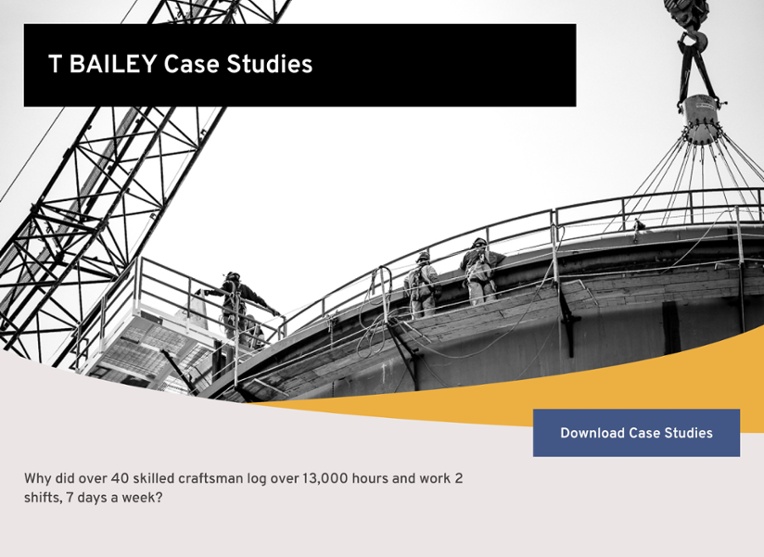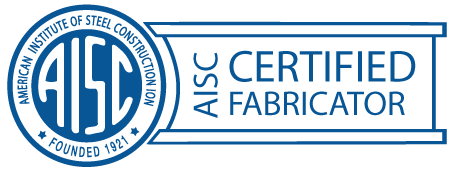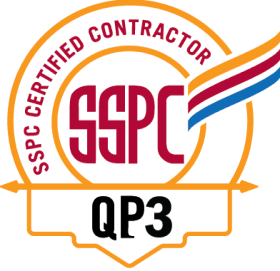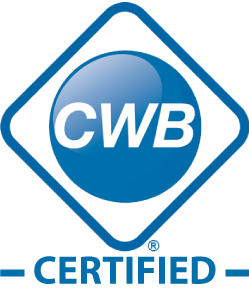Often T BAILEY LLC receives specifications for casing or pipe piling projects that specify materials not required for structural design reasons.
There are several ways you can reduce the cost of your project without sacrificing a quality product, simply by changing the material specifications to include those products designed for the specific requirements of your next job. The first step in selecting the correct material specification is understanding the intended use of the pipe.
Understanding API 5L Specifications: How To Choose the Right Steel Piping
We encounter many specifications for casing and pipe piling that specify API 5L steel pipe. This grade of pipe was developed for use in transportation pipelines for the natural gas and petroleum industries. Although API 5L is an excellent product, it is typically not designed for structural reasons when used in casing and pipe piling fabrication projects.
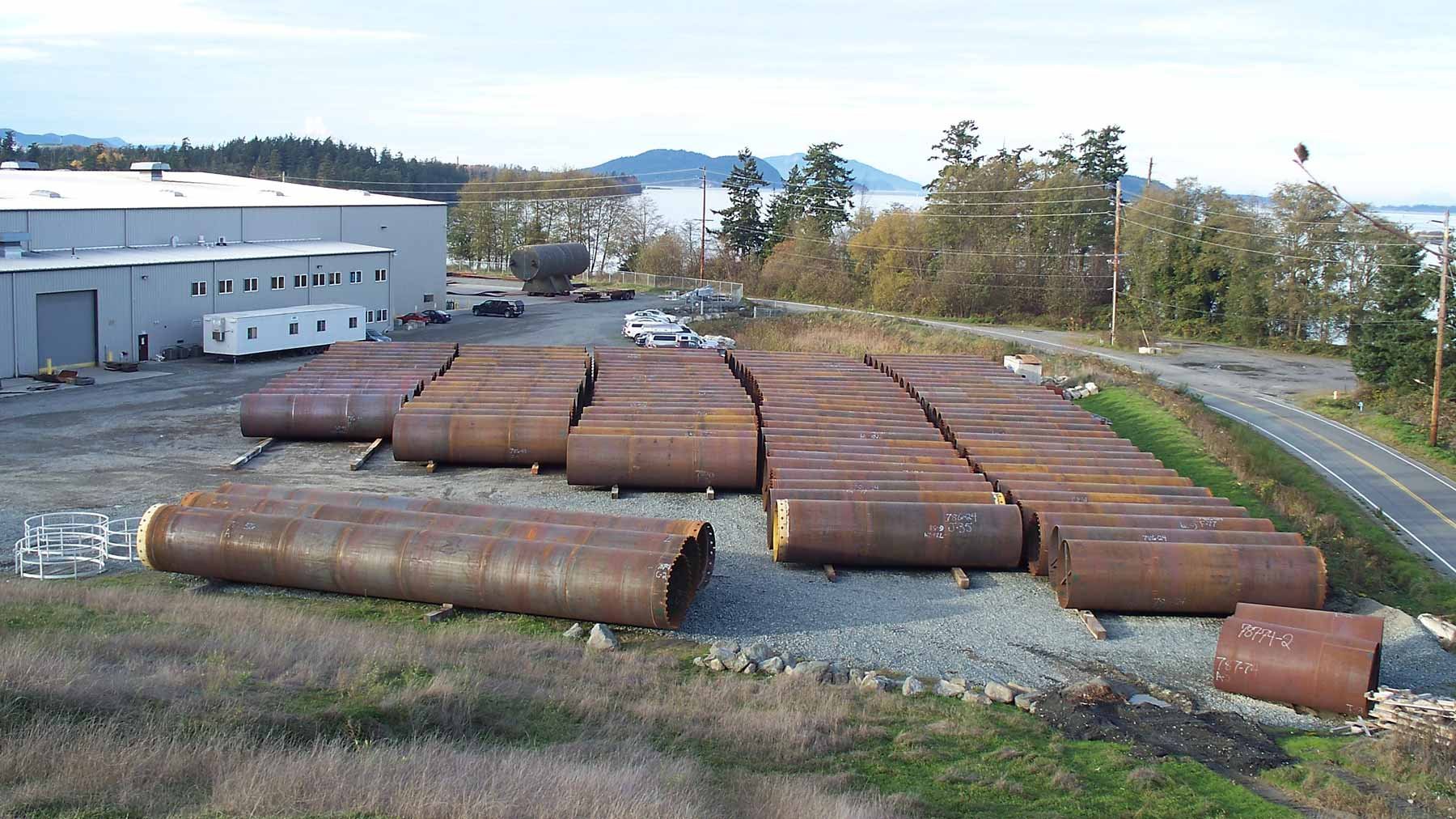
What Quality Control Requirements are Performed on API 5L Pipe?
The American Petroleum Institute, “API 5L Specification for Line Pipe” specifies requirements for seamless and welded steel pipe used for petroleum and natural gas transportation systems. It requires extensive testing for that purpose including hydrostatic testing, nondestructive, and destructive testing.
Hydrostatic Testing
A hydrostatic test is a way in which pressure retaining equipment can be safely tested for strength and leaks. The required pressure varies depending upon the diameter, wall thickness and material grade.
NDE
Radiographic Testing & Ultrasonic Testing – commonly known as RT and UT – is required on 100% of the welded seams, both longitudinal and circumferential. These tests ensure that 100% of the welds are free of defects.
Destructive Testing
Destructive testing is a group of analysis techniques used for evaluating the properties of the materials, components or welds where a sample of the product is tested to determine the point of failure. It requires the manufacturer to cut out a portion of the product and send it to a laboratory for analysis. Destructive testing is used to determine the material’s performance under load.
Is API 5L Necessary for Your Casing & Pipe Piling Project?
Casing and pipe piling are products that will be filled or encased with concrete after installation, so it is not necessary to perform the hydrostatic leak test, and 100% NDE or destructive testing is usually considered an unnecessary expense considering the uses of the product in this application.
For these reasons we educate our clients, who then typically allow us to exclude hydro testing, reduce the NDE examination, and exclude destructive testing, or allow an alternative to API 5L.
Is There an Alternative to API 5L Pipe?
There are alternatives to API 5L to consider:
ASTM A252
American Society for Testing and Materials (ASTM) “A252, Standard Specification for Welded and Seamless Steel Pipe Piles” might be sufficient for most casing projects. This is a standard that T BAILEY LLC uses when no other specification is provided in the request for quote. Many Department of Transportation projects use this pipe specification. A252 has 100% visual inspection requirements and dimension checks, and is the most cost effective alternative to API 5L.
API 2B (Non-monogramed)
“API 2B Specification for the Fabrication of Structural Steel Pipe” is similar to ASTM A252. However, API 2B has more quality control performed on the welded seams, including 100% Visual inspection, 100% RT or UT of the circumferential seams, and 10% RT or UT of the longitudinal seams.
In addition, there are supplemental requirements that can be added to ensure further engineered requirements are met.
Note: There are only a very few manufacturers in the United States that provide monogrammed material. Keep in mind you can specify the pipe to meet the requirements of API 2B but not be monogrammed, which will substantially increase the number of qualified manufacturers who can provide materials for you project. If you are requesting pipe from a reputable fabricator, they will ensure you are getting the correct product to meet your project requirements.
Helping You Navigate the Details
It is important to know what products are readily available to meet you needs and ensure that you are not adding unnecessary costs to the project. T BAILEY LLC. has skilled and experienced personnel that will help you navigate the requirements of the job, offer suggestions, and provide you with quality and competitive steel casing and/or pipe piling for your next project.


